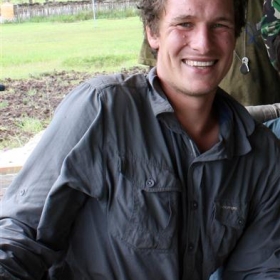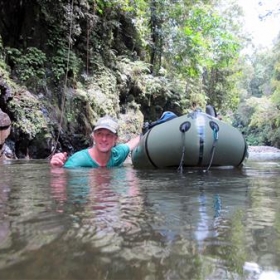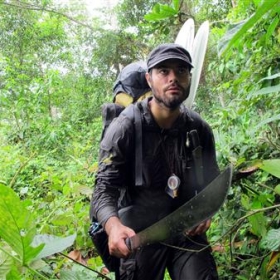Pawns in political football
Published on isbi School News dated Wednesday 20th of November 2013
Parliamentarians gearing up for the next general election are too ready to treat education as a game of political football in the view of Wisbech Grammar School headmaster Nicholas Hammond.Speaking at the school's annual speech day Mr Hammond said that all three parties were guilty of being involved in this game and education was too important to be left to politicians with short term views and leaders who were unwilling or unable to decide what they wanted from schools.
Instead of rewarding students for what they knew and what they could do, examinations were being designed to test what pupils did not know and could not do.
Mr Hammond said: 'Our obsessions with league table standings and the shifting sands of grade boundaries lead people particularly heads to think first about their schools' ranking and only secondarily about the educational needs of the children in front of them.'
Governments of all hues should be prepared to operate a voucher system which would allow parents the freedom to choose the school that they wanted to use.
The upper sixth form leavers who had returned for speech day had shown that it was possible to combine being a high-flyer with being an all-rounder and they had clearly put service before self, contributing to the supportive atmosphere that characterised the school.
Guest of honour Will Millard (30), an explorer and past pupil of the school, addressing a packed Russell hall, said: 'It is a massive thing to be back at my old school. I don't think I have ever felt so nervous before a speech in my life.'
As a youngster he had assured his parents that he would never leave Upwell and, in some ways, because of the dangers he had faced, they had wished that he had kept to that plan.
He said: 'It was coming to this school that ignited my ambition for travel and also the beauty of learning, the relentless pursuit of information to feed the burning curiosity I had.'
After discovering West Papua he set out to discover the greatest trade route that no one had heard of and he described the hardest month in his expeditionary career as he attempted the first crossing of West Papua via one of those routes.
He said: 'It is our fear of failure that stops us from doing things. Sometimes you just have to embrace the unknown and accept the consequences.'
One of the hardest lessons he had had to learn was to accept his limitations and to be honest with himself about his weaknesses.
During the expedition he and his fellow Grammar School past pupil, Callum Fester, had each lost two and a half stone in a month.
They grew so hungry that they thought they could smell toast on trees. They were covered with lacerations and stung by hornets as well as regularly encountering dangerous snakes and tarantulas. Despite being in a rain forest, they ran out of water.
Instead of appreciating the eco-system they started to fear that they would become part of it, but they never lost their belief that they would find their way out eventually.
One day they came across a dog and knew that this meant that people were nearby and watching.
Mr Millard said: 'We had just crossed paths with a new group of people that had never been contacted before, people that had gone undetected for thousands of years.
'We were in terrible, terrible shape by that point, but I had no right to break their secrecy, no matter how ill we felt. Sometimes there are things that are bigger than your ambitions.'
His advice for the students in the hall was that they should judge each other not by their successes but by what they were able to bounce back from.
He said: 'Do not be afraid of failure. Find out how you cope under pressure. Do not be afraid to take a step into the unknown.'










